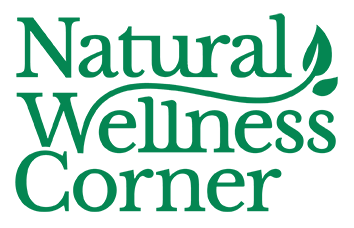Proper nutrition during pregnancy is essential for both the mother and the baby’s health. Eating a well-balanced diet ensures that the developing baby receives all the necessary nutrients for growth and development while helping the mother maintain her health and energy levels. As a registered dietitian, I’m here to guide you through the key nutrients and best food choices for a healthy pregnancy.
Essential Nutrients for Pregnancy
1. Folic Acid (Folate)
Folic acid is vital for preventing neural tube defects in the baby’s brain and spine. Pregnant women should aim for at least 600 mcg of folic acid daily.
- Best sources: Leafy greens (spinach, kale), legumes, citrus fruits, fortified cereals, and prenatal vitamins.
2. Iron
Iron supports the increased blood volume needed during pregnancy and helps prevent anemia.
- Best sources: Lean meats, poultry, fish, beans, lentils, fortified cereals, and spinach. Pair iron-rich foods with vitamin C sources (like oranges or bell peppers) to enhance absorption.
3. Calcium
Calcium is crucial for the baby’s bone and teeth development and helps maintain the mother’s bone health.
- Best sources: Dairy products (milk, yogurt, cheese), fortified plant-based milks, leafy greens, almonds, and tofu.
4. Protein
Protein is essential for the baby’s growth, brain development, and the formation of new cells and tissues.
- Best sources: Lean meats, poultry, fish, eggs, dairy, beans, nuts, seeds, and soy products like tofu and tempeh.
5. Omega-3 Fatty Acids
Omega-3s, particularly DHA, support brain and eye development in the baby.
- Best sources: Fatty fish (salmon, sardines, trout), chia seeds, flaxseeds, walnuts, and algae-based DHA supplements.
6. Fiber
Fiber helps prevent constipation, a common issue during pregnancy, and supports digestive health.
- Best sources: Whole grains, fruits, vegetables, beans, and nuts.
Foods to Include in a Prenatal Diet
- Whole grains: Brown rice, quinoa, whole wheat bread, and oatmeal for sustained energy.
- Colorful fruits and vegetables: Rich in vitamins, minerals, and antioxidants.
- Healthy fats: Avocados, nuts, seeds, and olive oil for fetal brain development.
- Dairy or dairy alternatives: For calcium and protein intake.
- Hydrating fluids: Water, herbal teas, and smoothies to prevent dehydration.
Foods to Limit or Avoid
- High-mercury fish: Such as shark, swordfish, king mackerel, and tilefish.
- Unpasteurized dairy and juices: To reduce the risk of foodborne illnesses.
- Raw or undercooked meats and eggs: To prevent bacterial infections.
- Processed and sugary foods: To avoid excessive weight gain and blood sugar spikes.
- Excess caffeine: Limit to 200 mg per day (about one 12-ounce coffee).
- Alcohol: Avoid completely as it can harm the baby’s development.
Final Thoughts
A well-balanced diet during pregnancy plays a key role in ensuring a healthy pregnancy and a thriving baby. By focusing on nutrient-rich foods and staying hydrated, you can support both your own well-being and your baby’s development. If you have specific dietary concerns, consult with a registered dietitian or healthcare provider to tailor a nutrition plan that meets your needs.
Need one-on-one diet and health support?
Get the best personalized, comprehensive care that addresses root causes instead of symptom management.
- Improve your quality of life
- Achieve your healths goals
- Pay as little as $0 with insurance



